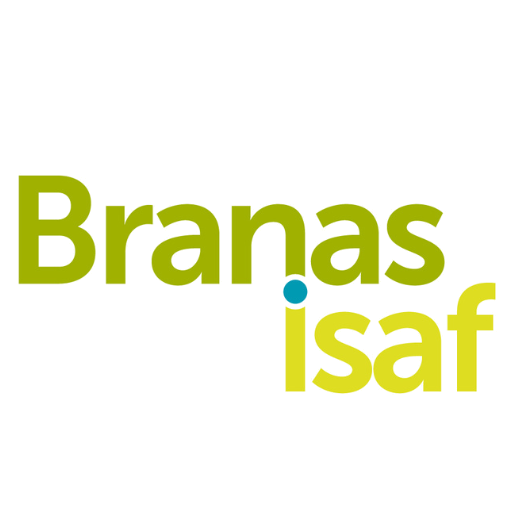In-house therapy department
At Branas Isaf, we are proud to work within an integrated model of therapeutic care. We have a dedicated team of therapists and psychologists who provide continued support on a day to day basis to our care and education staff.
All of our therapists adhere to a code of ethics as defined by relevant therapy associations.
The communication systems in place between our in-house therapists and other members of the integrated team ensure that issues can be addressed as they occur; they also serve to give each aspect of our integrated team therapeutic support as and when it is required.
The integrated placement planning structure provided at Branas Isaf ensures that there is a holistic package of care tailored to meet the needs of each individual. Each young person has a regularly updated, individualised therapeutic plan in place throughout their time with us. In addition, every resident is offered regular individual therapeutic/ clinical sessions with a member of our clinical team in one of our dedicated consultation rooms.
This holistic approach is supported by experienced and suitably qualified therapists and psychologists, who support us to operate within the clinical framework.
Therapeutic approaches
At Branas Isaf, we believe that the quality of the therapeutic relationships we have with young people is essential for meeting their needs. We use person-centred, cognitive behavioural therapy, transactional analysis, play and art therapy techniques to ensure that young people in our care are offered extensive opportunities throughout their placement to explore and address psychological, emotional and social issues.
Our approach balances ‘abuse-specific’ interventions with a broader emphasis on young people as individuals, taking into account their overall developmental needs. Through therapy, psychological interventions and intensive therapeutic support, young people are helped to understand and face up to their complex interpersonal difficulties.
Young people’s difficulties arise out of, and are expressed within, their relationships with other people. A primary goal of the therapeutic process is facilitating young people’s interactions with the world. Our milieu setting allows for the opportunity to closely observe and develop an understanding of how young people’s interpersonal relationships deteriorate and become problematic, and how certain situation’s trigger dysfunctional responses. It is in this setting that the individual is offered new opportunities to learn how to interact and relate with others more effectively. Consequently, this supports them in developing confidence and self-belief to achieve a life with meaning and purpose.
In summary, the overriding goal of the milieu setting is to provide young people with a stable, coherent social environment that creates a safe and therapeutic space from which healing, recovery, resilience and growth can occur.
Assessments
An initial assessment is undertaken with each young person in order to determine the level and nature of the service to be provided. After approximately 16 weeks, a full, in-depth therapy assessment is completed which evaluates progress and ongoing need. This assessment covers developmental and family history, Problem exploration, risk and needs, conclusions and recommendations. We believe these components are fundamentally linked to gaining a greater understanding of what influences the choices young people make. This therapeutic assessment period enables us to develop a comprehensive individualised approach to working with each young person.
At Branas Isaf, we base our assessments on a wide variety of information, including the views of the young person and their family, information provided by referring agencies and our ongoing experiences of each young person in the care setting, in education and in therapy sessions. Our assessment process considers offence-specific, developmental, social and familial behaviours, as well as any risk of significant harm to self or others.
Therapeutic planning and subsequent evaluation of a young person’s non-linear process and progress is provided within looked-after child review reports.
